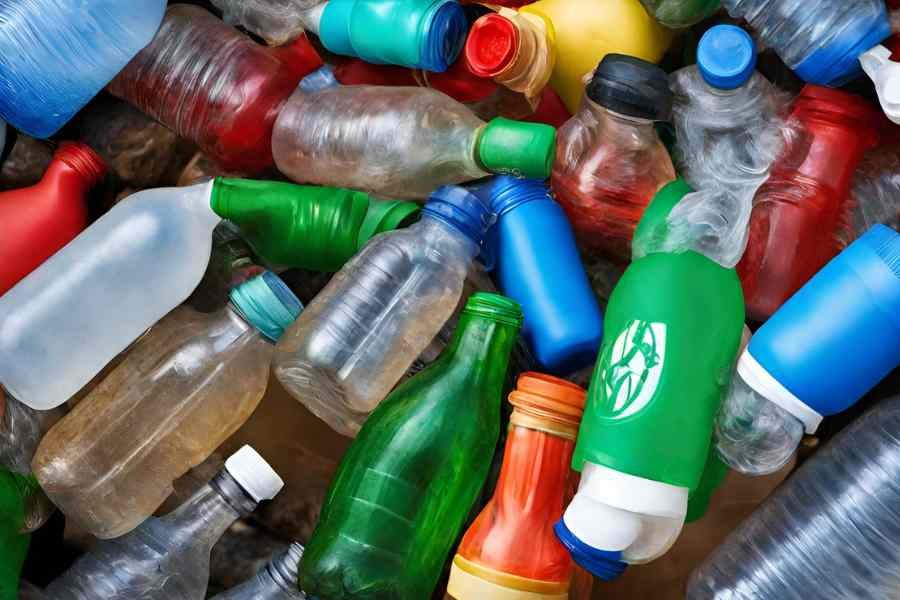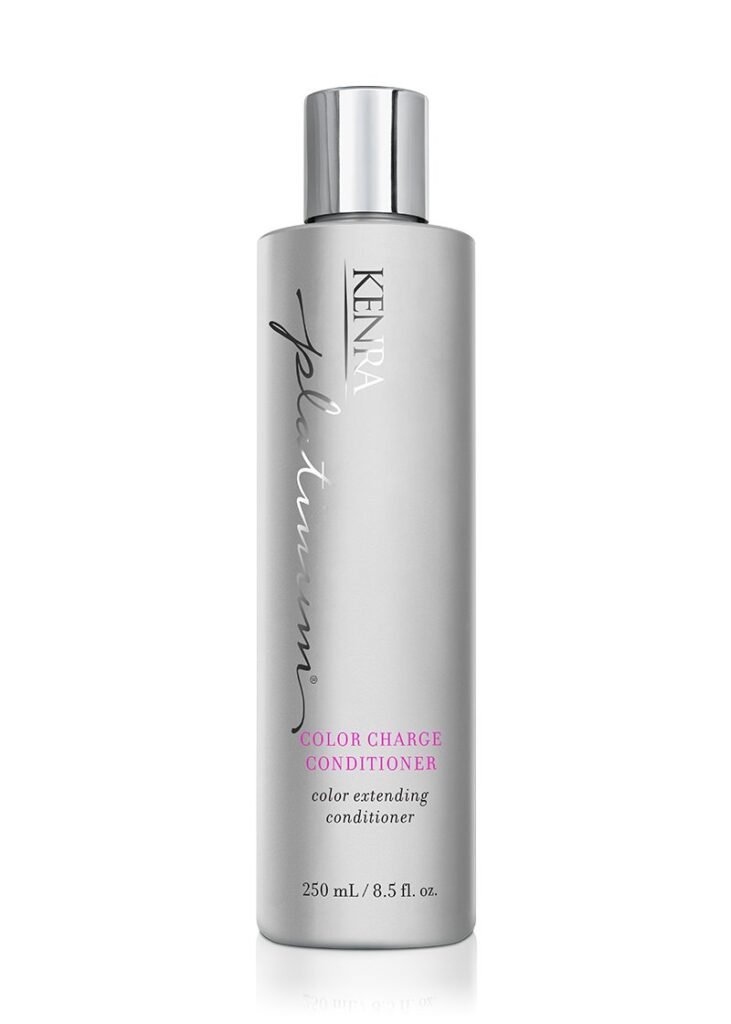Table of Contents
Introduction
In a world grappling with environmental concerns, the use of reusable water bottles has emerged as a simple yet impactful way for individuals to contribute to a sustainable future. This article explores the environmental impact of single-use plastic bottles, the advantages of embracing reusable alternatives, the variety of materials used in their production, and tips for choosing the right bottle for your needs.
The Environmental Impact of Single-Use Plastic Bottles
Single-use plastic bottles have become synonymous with convenience, but their impact on the environment is far from convenient. The production, transportation, and disposal of these bottles contribute significantly to pollution, with devastating effects on marine life and ecosystems.
The Rise of Reusable Water Bottles
As awareness of environmental issues grows, there has been a notable shift towards reusable water bottles. This section delves into the reasons behind this rise, including the increasing emphasis on sustainable living and the desire to reduce plastic waste.

Advantages of Reusable Water Bottles
4.1. Environmental Benefits
Reusable water bottles play a crucial role in minimizing plastic pollution, conserving resources, and reducing the carbon footprint associated with disposable alternatives.
4.2. Economic Benefits
Investing in a reusable water bottle proves cost-effective over time, saving money otherwise spent on continuously purchasing single-use bottles.
4.3. Health Benefits
Unlike some single-use plastics, reusable bottles often use materials that are free from harmful chemicals, providing a healthier option for daily hydration.
Materials Used in Reusable Water Bottles
5.1. Stainless Steel
Known for durability and insulation properties, stainless steel bottles are a popular choice for those seeking a long-lasting and versatile option.
5.2. BPA-Free Plastics
BPA-free plastics offer a lightweight alternative with the added benefit of being free from the harmful chemical Bisphenol A.
5.3. Glass
Glass bottles provide a clean and taste-neutral option, appealing to those who prioritize purity in their drinking experience.
5.4. Aluminum
Lightweight and easily recyclable, aluminum bottles are an eco-friendly choice with excellent temperature retention.
Choosing the Right Reusable Water Bottle for You
6.1. Size and Capacity
Consider your daily water intake needs to determine the appropriate size and capacity of your reusable bottle.
6.2. Insulation Properties
For those who enjoy both hot and cold beverages, choosing a bottle with insulation technology is key.
6.3. Lid Design and Spout Type
The functionality of the lid and spout can impact the ease of use and convenience of your reusable bottle.
6.4. Cleaning and Maintenance
Ease of cleaning is a crucial factor; opt for bottles with wide openings or removable components for hassle-free maintenance.
Popular Brands in the Reusable Water Bottle Market
7.1. Hydro Flask
Known for its insulation technology, Hydro Flask offers a range of stylish and durable stainless steel bottles.
7.2. S’well
S’well bottles combine functionality with aesthetic appeal, featuring an array of designs and sizes.
7.3. Klean Kanteen
Focusing on sustainability, Klean Kanteen produces bottles made from stainless steel and other eco-friendly materials.
7.4. Nalgene
Renowned for durability, Nalgene bottles are a go-to choice for outdoor enthusiasts and everyday users alike.
Tips for Properly Caring for Your Reusable Water Bottle
Maintaining your reusable bottle ensures its longevity and functionality. Simple practices like regular cleaning and avoiding extreme temperatures can make a significant difference.
The Role of Reusable Bottles in Reducing Plastic Pollution
By choosing reusable over disposable, individuals contribute to a collective effort to reduce the massive environmental impact of single-use plastic bottles.
Innovations in Reusable Bottle Technology
From collapsible designs to smart bottle features, technological advancements are enhancing the user experience and sustainability of reusable water bottles.
Challenges and Misconceptions About Reusable Water Bottles
11.1. Safety Concerns
Addressing concerns about the safety of materials used in reusable bottles is crucial for wider adoption.
11.2. Perceived Inconvenience
Dispelling misconceptions about the inconvenience of carrying reusable bottles involves highlighting their practicality and the positive impact on the environment.
Corporate Initiatives and Sustainability
Companies are recognizing the need for sustainable practices. Explore how some businesses are taking steps towards reducing their environmental footprint through the promotion of reusable water bottles.
How Individuals Can Promote the Use of Reusable Water Bottles
Encouraging friends, family, and colleagues to make the switch to reusable bottles can create a ripple effect, contributing to a more sustainable and eco-conscious community.
The Future of Reusable Water Bottles: Trends and Projections
As technology and sustainability continue to evolve, the future holds exciting possibilities for innovative designs and materials in the reusable water bottle market.
Conclusion
In the quest for a greener future, the adoption of reusable water bottles stands as a small yet impactful step towards reducing plastic pollution and embracing sustainable living. By making informed choices and encouraging




